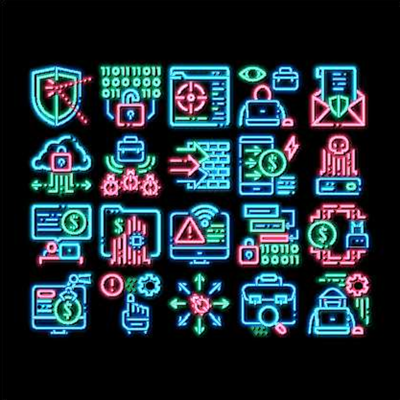
Conducting an environmental scan of cybersecurity vendors in the healthcare industry is important for a number of reasons. Firstly, the healthcare industry handles sensitive patient data, which makes it a prime target for cyber attacks. As a result, it is essential that healthcare organizations have robust cybersecurity measures in place to protect patient data and prevent data breaches. An environmental scan can help healthcare organizations identify the most appropriate cybersecurity vendors to meet their specific needs and budget.
The list below were gathered from a recent HITEQ Cybersecurity Learning Collaborative based on mentions from Health Center participants.
If you are aware of other cybersecurity tools being used by Health Centers please let us know!